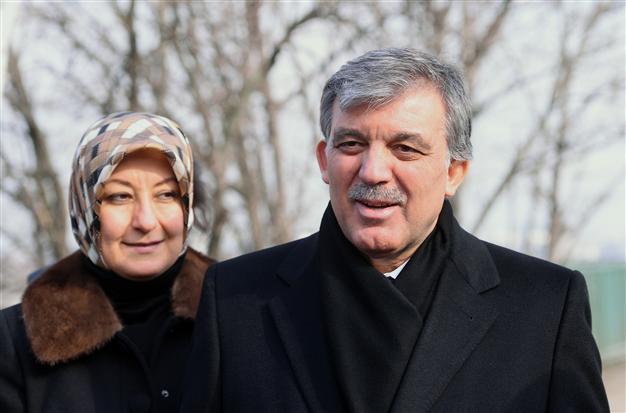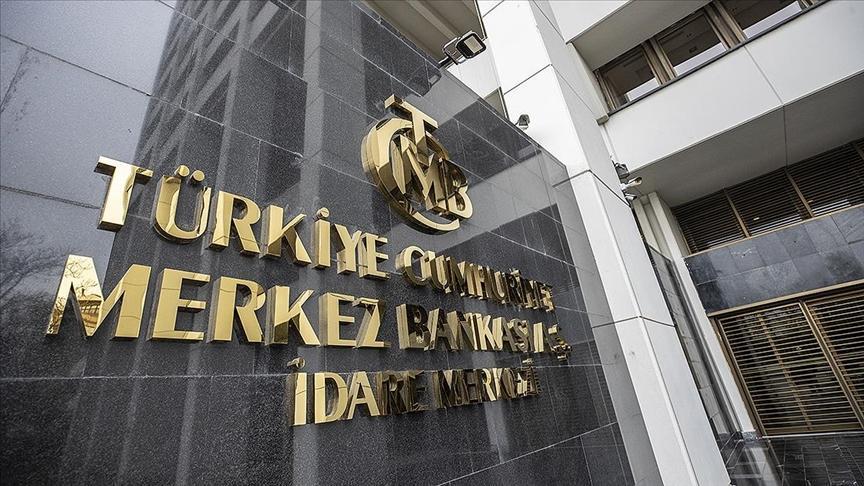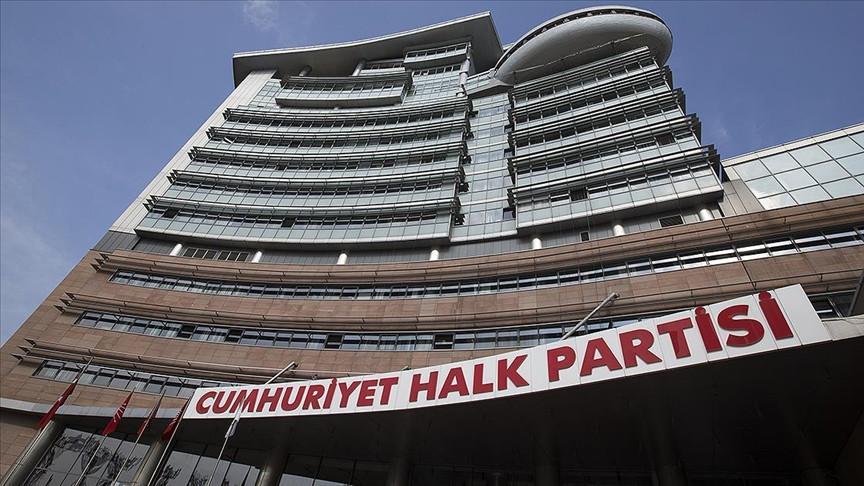President Gül approves disputed Internet bill as gov’t offers amendments
ANKARA

President Abdullah Gül approved the bill as soon as he returned from Hungary to allow the 'implementation of amendments'. AFP photo
President Abdullah Gül shook off furious criticism from inside and outside Turkey to sign into law a bill that will increase state control over the Internet after receiving assurances from the government that problematic aspects of the bill would be amended.
A Parliamentary commission began discussing Feb. 19 the government’s proposals to ameliorate the Internet law after the Communications Minister Lütfi Elvan contacted the three opposition parties at Parliament a day earlier.
Gül announced his approval of the law late Feb. 18 via his Twitter account and expressed satisfaction that problematic aspects of the law would be addressed by the government.
“In your messages [regarding the bill] you have voiced objections particularly regarding two issues. Actually, I am also aware about the inconveniences of those two points. Thus I have contacted the government and shared my views regarding these two aspects, demanding they be corrected,” Gül said.
“I am pleased to see that concerns regarding these two articles will be addressed with a new legal arrangement tomorrow [Feb. 19]. In order that those arrangements be quickly implemented, I approved the law as soon as I returned from Hungary,” he added.
Twitter users call to 'unfollow' Gül
His statements, however, triggered a backlash campaign dubbed #UnfollowAbdullahGül as over 80,000 Twitter users showed their reaction by erasing Gül from their Twitter following lists.
Gul, who still has 4.3 million followers, declares himself as a devout social media user and has many times praised the possibilities offered by Twitter.
He once memorably tweeted in 2011 that "Anyone who wants it should be able to roam freely on the Internet."
The government’s efforts to increase its control over the Internet drew reactions from the European Union and Council of Europe as well.
Reactions against Gül were not limited to Internet users. Kemal Kılıçdaroğlu, leader of the main opposition Republican People’s Party (CHP), accused Gül of taking sides with those who are trying to cover up the recent corruption probe. Like Gül, Kılıçdaroğlu also diffused this message through his Twitter account.
The deputy leader of the CHP, Sezgin Tanrıkulu, said Gül had violated the Constitution by confessing that he approved a law which contained aspects that he called problematic. Tanrıkulu stressed that the government’s proposal did not suffice to make the Internet Law a democratic one, adding that the responsibility would rest on Gül’s shoulders.
Gül had acknowledged last week that “a couple of issues with the law” remained, but referred to the Constitutional Court as the venue for an in-depth analysis of the legal changes.
According to one of the most criticized measures introduced by the bill, the head of the Telecommunications Directorate (TİB) will be authorized to block access to any web pages that he or she decides have breached the right to privacy within four hours, even without a court order.
According to the first amendment proposed by the ruling Justice and Development Party (AKP) following Gül’s reservations, it will become obligatory for the head of the TİB to send his decision to court within 24 hours. The amendment also says that the court should make a decision within 24 hours, failing which the TİB’s decision would become void.
According to a second amendment, all information on Internet traffic will be collected based on IP numbers and subscriber numbers, instead of URLs, which was criticized as being a more insidious method.
CHP deputy parliamentary group leader Akif Hamzaçebi said after meeting with Communications Minister Lütfi Elvan that the steps were “positive but not enough,” adding that they expected to see the government’s offer in a draft version before deciding whether to support it.
















